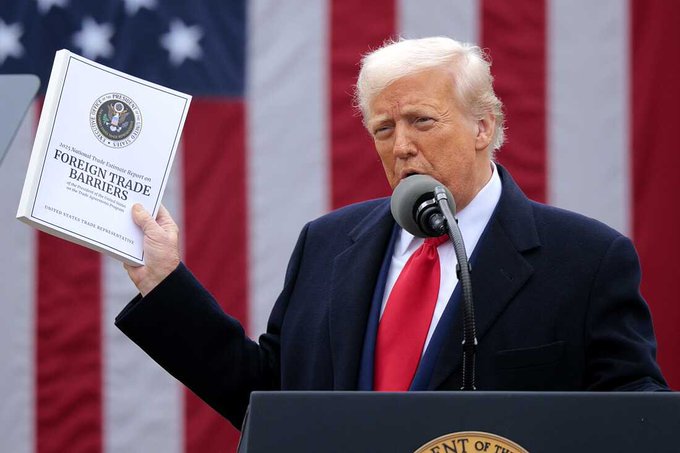US COURT OF APPEALS RULES MOST OF PRESIDENT TRUMP'S TARIFFS ILLEGAL, WHAT'S NEXT? 🔹 What Happened — US Court of Appeals Says Most of Trump’s “Reciprocal Tariffs” Are Unlawful — Tariffs Are Too High, Apply to Too Many Countries, Have No End Date — Exceeds Presidential Authority Under the 1977 International Emergency Economic Powers Act — The Act was created to allow the President to respond quickly to national security and economic emergencies, but does not allow for broad and long-term tariffs — Only Congress has the Constitutional power to impose tariffs 🔹 Impact if rescinded — Imports affected fell from about 69% to 16% — A major blow to Trump’s trade policy 🔹 Tariffs Still Legal — Steel and aluminum tariffs (Section 232) Remain in Effect — Expanded to More Than 400 New Products — End of “de minimis” (goods under $800 are now subject to tariffs) continue 🔹 What happens next — The ruling is postponed until October 14, during which time tariffs will continue to be collected as usual — President Trump will appeal to the Supreme Court — If the Supreme Court agrees with the appeal: President Trump may switch to sectoral tariffs (steel, aluminum, cars, etc.) to continue trade pressure 🔹 From a market perspective — General sentiment does not like tariffs because they reduce cash flow and affect asset prices — If most tariffs are canceled → may be positive news in the short term — But if President Trump imposes more sectoral tariffs → the market may be more volatile and unpredictable — If the Supreme Court supports Trump: everything stays the same, tariffs remain the same
This article is machine translated
Show original

From Twitter
Disclaimer: The content above is only the author's opinion which does not represent any position of Followin, and is not intended as, and shall not be understood or construed as, investment advice from Followin.
Like
Add to Favorites
Comments
Share
Relevant content







